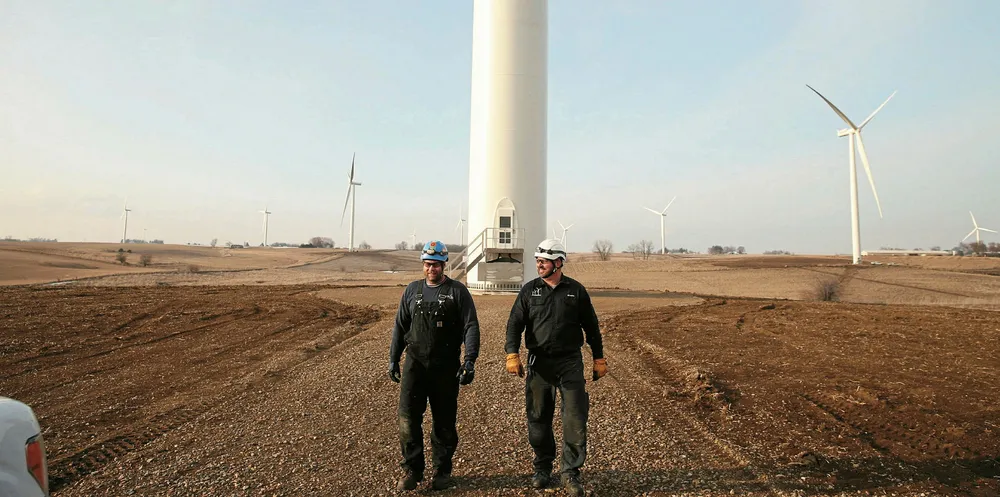Covid's toll of US renewable energy jobs: 100,000 and counting
Losses are part of 600,000 total figure spanning clean energy and energy efficiency sectors, claim industry bodies

Losses are part of 600,000 total figure spanning clean energy and energy efficiency sectors, claim industry bodies
